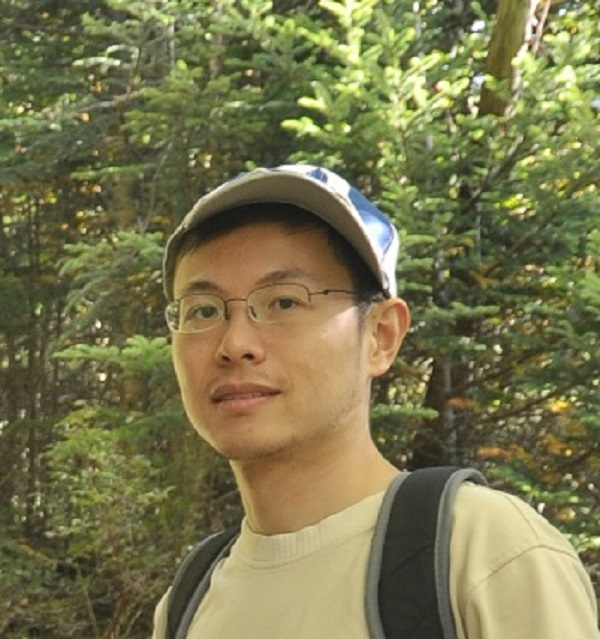
Optimization, Sampling, and Generative Modeling in Non-Euclidean Spaces
- Event Type
- Seminar/Symposium
- Sponsor
- Industrial and Enterprise Systems Engineering, Dept. Head office
- Location
- Room 2240 Digital Computer Lab (1304 W. Springfield Ave, Urbana)
- Date
- Mar 1, 2024 11:00 am - 12:00 pm
- Speaker
- Professor Molei Tao
- Contact
- BuuLinh Quach
- bquach@illinois.edu
- Phone
- 217-265-5220
- Views
- 176
- Originating Calendar
- ISE Seminar Calendar
*Presentation will be recorded.
Abstract:
Machine learning in non-Euclidean spaces have been rapidly attracting attention in recent years, and this talk will give some examples of progress on its mathematical and algorithmic foundations. A sequence of developments that eventually leads to non-Euclidean generative modeling will be reported. More precisely, I will begin with variational optimization, which, together with delicate interplays between continuous- and discrete-time dynamics, enables the construction of momentum-accelerated algorithms that optimize functions defined on manifolds. Selected applications, namely a generic improvement of Transformer, and a low-dim. approximation of high-dim. optimal transport distance, will be described. Then I will turn the optimization dynamics into an algorithm that samples probability distributions on Lie groups. Finally, I will describe how this sampler can lead to a structurally-pleasant diffusion generative model that allows users to, given training data that follow any latent statistical distribution on a Lie group, generate more data exactly on the same manifold that follow the same distribution. If time permits, applications such as to quantum data will be briefly reported.
Bio:
Molei Tao received B.S. in Math & Physics in 2006 from Tsinghua Univ. (Beijing), and Ph.D. in Control & Dynamical Systems with a minor in Physics in 2011 from California Institute of Technology. Afterwards, he worked as a postdoc in Computing & Mathematical Sciences at Caltech from 2011 to 2012, and then as a Courant Instructor at NYU from 2012 to 2014. From 2014 on, he has been working as an assistant, and then associate professor in School of Mathematics at Georgia Institute of Technology. He is a recipient of W.P. Carey Ph.D. Prize in Applied Mathematics (2011), American Control Conference Best Student Paper Finalist (2013), the NSF CAREER Award (2019), AISTATS best paper award (2020), IEEE EFTF-IFCS Best Student Paper Finalist (2021), Cullen-Peck Scholar Award (2022), GT-Emory AI.Humanity Award (2023), a Plenary Speaker at Geoergia Scientific Computing Symmposium (2024), and a Keynote Speaker at (2024) International Conference on Scientific Computing and Machine Learning.